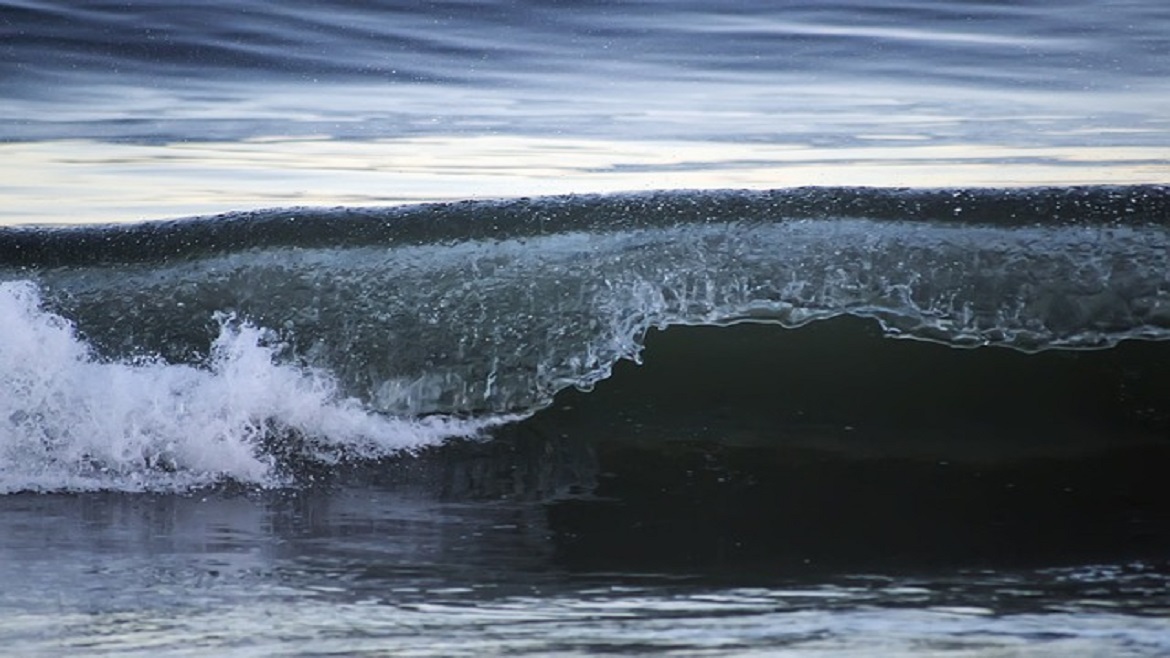José María Figueres, co-chair of the Global Ocean Commission and former President of Costa Rica outlines the case for ocean governance reform.
The high seas account for over 45% of the Earth’s surface and contain an almost unfathomable diversity of life. Without most of us realising it, the Ocean plays a massive part in our lives. Billions rely on it for food, clean air, a stable climate, rain and fresh water, transport, energy, recreation and livelihoods. Fundamentally, all life on earth depends on a healthy Ocean. Yet governance is woefully inadequate and beyond national jurisdiction, anarchy rules the waves.
The global Ocean is under increasing pressure from threats such as overfishing, habitat and biodiversity loss, climate change and Ocean acidification. Impacts are economic, ecological and social. They are pushing the Ocean system to the point of collapse. Regional stability, food security, climate resilience and a flourishing ‘blue economy’ are under threat.
Trends in the environment, social justice and governance are all negative. Growing demand for resources, driven by technological advances that support the exploitation of evermore remote and fragile areas, is causing environmental decline and widening the gap between rich and poor. Those countries that are able to access resources are doing so unpoliced with a consequent increase in global inequity. And the incoherent patchwork of Ocean governance does nothing to prevent the abuse of the natural riches and freedom of the high seas that are the common inheritance of humanity.
At the Global Ocean Commission, we're not Ocean experts but we are concerned global citizens. We aim to amplify existing knowledge about Ocean value and Ocean decline, and most importantly, build a coalition for action. We recognise that the divide between high seas and Exclusive Economic Zones (EEZs) is merely a legal delineation and that we need to consider the Ocean as one system. What happens on the high seas affects the whole Ocean, and what happens to the Ocean, affects us all.
Forty years ago, the high seas were effectively a protected area because access was not technically possible, other than for ships traversing the Ocean. This is no longer the case and as access and exploitation become the norm, we must manage them actively and sustainably. Today we need to consider what proportion of the highs seas should be protected and in what manner. Illegal activity and fishing over-capacity also need to be addressed. Ratifying Port State Measures and making IMO numbers mandatory for all vessels, are low hanging fruits that would improve transparency and accountability. Without fuel subsidies, some fishing would not occur because there would be no profit in it. Plastic pollution is ubiquitous and must be tackled in the way that hazardous substances have been over recent decades.
We know what needs to be done. The challenge is making it happen. Good Ocean governance is fundamental. UNCLOS is a 20th century mechanism. It treats the seabed separately from the water column. It needs updating and the debate around an implementing agreement is ripe for conclusion. Improved, common sense ocean management, together with effective enforcement, can help reverse decline, restore Ocean health, support human well-being, and deliver stability and prosperity.
José María Figueres is a speaker at The Economist's World Ocean Summit which takes place on Feb 24th-26th in San Francisco, The United States.
The views and opinions expressed in this article are those of the authors and do not necessarily reflect the views of The Economist Intelligence Unit Limited (EIU) or any other member of The Economist Group. The Economist Group (including the EIU) cannot accept any responsibility or liability for reliance by any person on this article or any of the information, opinions or conclusions set out in the article.




